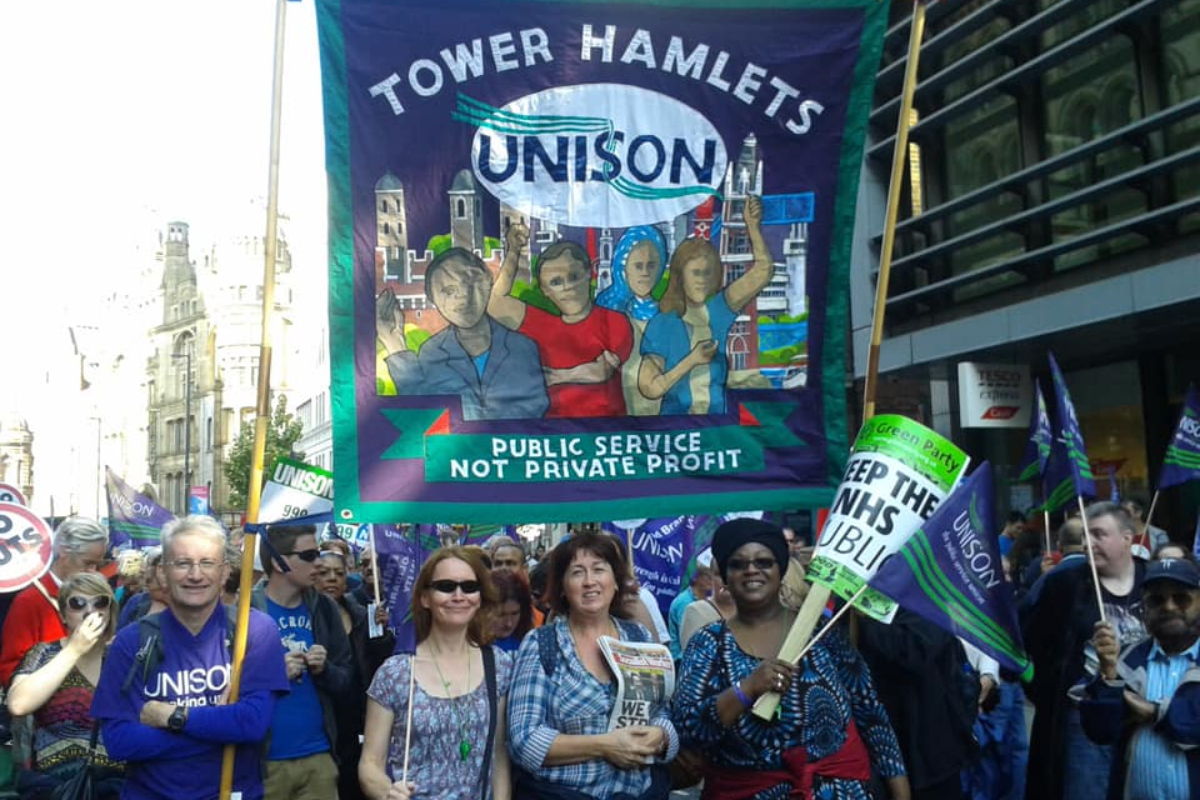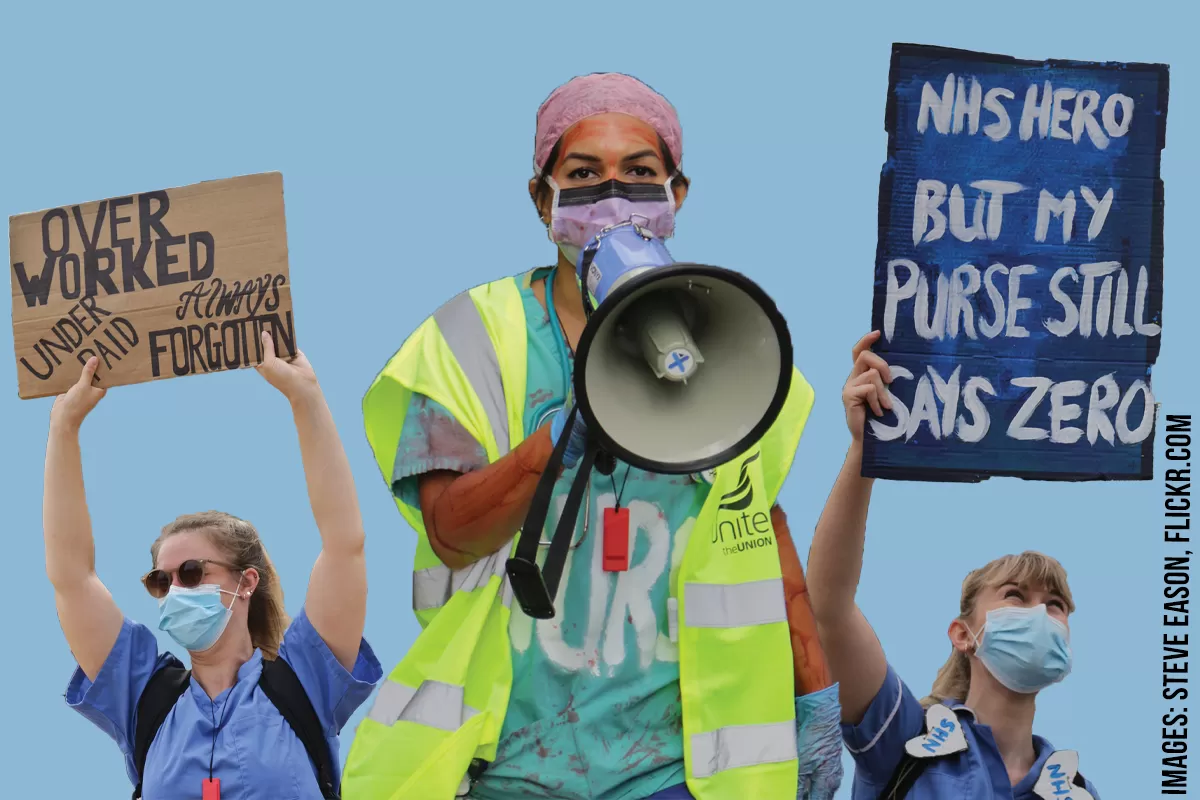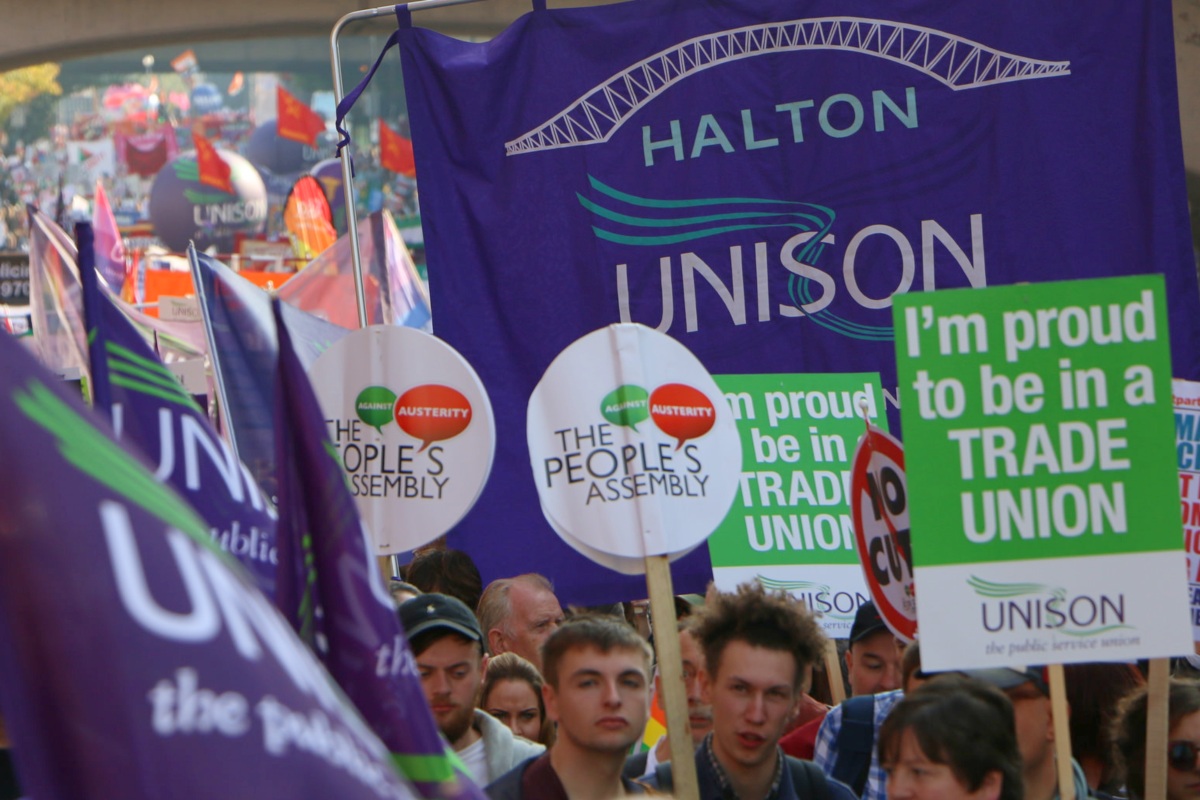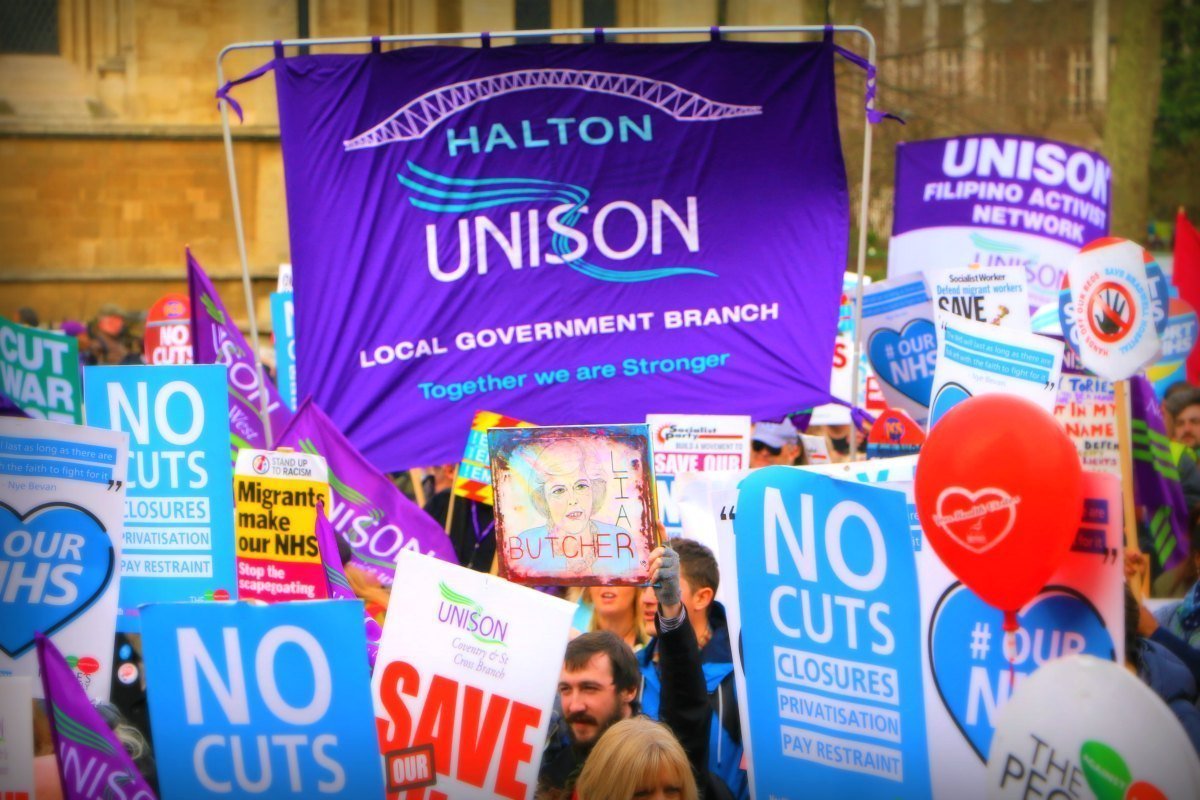Workers in local government have voted overwhelmingly to reject the employers’ insulting pay offer. The stage is now set for industrial action. Union members should vote to strike, and build for united action across the public sector.
Last month, Unite, Unison, and GMB members in local government voted in consultative ballots to say whether they wanted to accept or reject the 1.75% pay increase offered by the National Employers.
This offer falls way short of the 10% uplift that Unite, GMB, and Unison are jointly demanding.
The results are now in, and local government members have overwhelmingly voted to reject, with 79% of Unison members, 81% of Unite members, and 75% of GMB members voting not to accept the offer.
As Unite’s national officer for local government Jim Kennedy stated: “This overwhelming vote to reject sends a resounding message to the employers that hardworking and dedicated council staff are saying ‘enough is enough’.”
This demonstrates the frustration and anger amongst union members in this sector towards the National Employers’ insulting pay offer.
Throughout the pandemic, the government and employers paid lip service to ‘key workers’, commending staff for keeping public services running – and at times compromising their own safety to do so.
Yet now we have been rewarded with nothing less than a real-terms pay cut, with inflation currently standing at over 3%, and predictions that this could rise to 4% by the end of the year.
For many workers in the sector, this is the final straw, coming on top of a 25% fall in local government pay since 2010.
What next?
 On 1 October, the Unison committee responsible for local government decided that ballots would now go out, asking members if they would be willing to take industrial action. These will be sent out in November and early December.
On 1 October, the Unison committee responsible for local government decided that ballots would now go out, asking members if they would be willing to take industrial action. These will be sent out in November and early December.
Unite’s national local government committee met on 7 October to discuss their next steps, stating beforehand that, “the option of a full-scale industrial ballot of our members is very much on the cards.”
The union will most likely follow Unison in moving to a strike ballot. After all, in Unite’s recent consultative vote around the pay offer, of those who rejected the deal, 85% indicated that they were ‘supportive’ of taking industrial action.
Similarly, GMB representatives have also agreed to trigger a consultative ballot on industrial action, in response to members’ rejection of the employers’ derisory pay offer.
Local government workers reject pay offerhttps://t.co/Gi3N5TWZx6
UNISON members – care workers, refuse collectors, social workers, schools staff, street cleaners and council workers – to be balloted on industrial actionNot a member? Join now
UNISON member? Check your details https://t.co/dWyAQA7DRp— UNISON – UK’s largest union (@unisontheunion) October 4, 2021
This would be a monumental show of strength if members of all three unions – representing 1.4 million local government workers – were to mobilise, unite, and strike.
Not only would this bolster the morale of the current membership, but it would also serve as an impetus to recruit new members in droves.
Upon receiving their ballots, therefore, we urge all members to vote a firm ‘Yes’ for joint industrial action. This will send a clear message to local government employers that enough really is enough.
To win our full pay claim – the 10% that we deserve – we must fight using the most powerful weapon in our arsenal: mass united strike action and solidarity across the local government sector.
United action
 There is a real opportunity here to link up struggles across the public sector.
There is a real opportunity here to link up struggles across the public sector.
NHS staff organised in multiple unions are also set to ballot for strike action over pay, having rejected a similarly pathetic offer from the Tories. Workers in higher education – both in UCU and Unison – are fighting on the issue of pay. And civil servants and teachers could no doubt be drawn into battle against the government on this issue too.
Wages in real terms have stagnated – or even fallen – across the board. Community services have become run down or have simply disappeared under the axe of austerity measures, with many local councils facing the threat of bankruptcy. Waiting lists for operations and treatments are now millions long. And fire-and-rehire attacks are being deployed in every corner of the country, including in local government.
The mood of anger in society is rising. And if local government workers made a bold stand, other workers would undoubtedly join them in fighting back.
This presents a golden chance to call for – and build towards – a one-day public sector strike, with a strong backbone of millions of union members in local government and the NHS.
Fighting leadership
 It is clear, however, that the Tory government will not give in without resistance.
It is clear, however, that the Tory government will not give in without resistance.
In the strikes by PCS members at the DVLA over safety and conditions earlier this year, for example, the Department of Transport showed that they were willing to dig their heels in and ride out the strike, rather than allow union members to set a militant example to other workers.
We can expect the same to happen if a local government strike is set in motion.
Ultimately, therefore, if we want to win, we must be prepared to face down – and bring down – this criminal government. And this requires fighting unions, with fighting leadership, which are willing to unite and go all the way.
This highlights, once again, the importance of the battle to transform our unions – a battle that is currently playing out within Unison, with the right-wing bureaucracy blocking attempts by the left majority on the NEC to defend rank-and-file members.
We cannot flinch from this fight.






